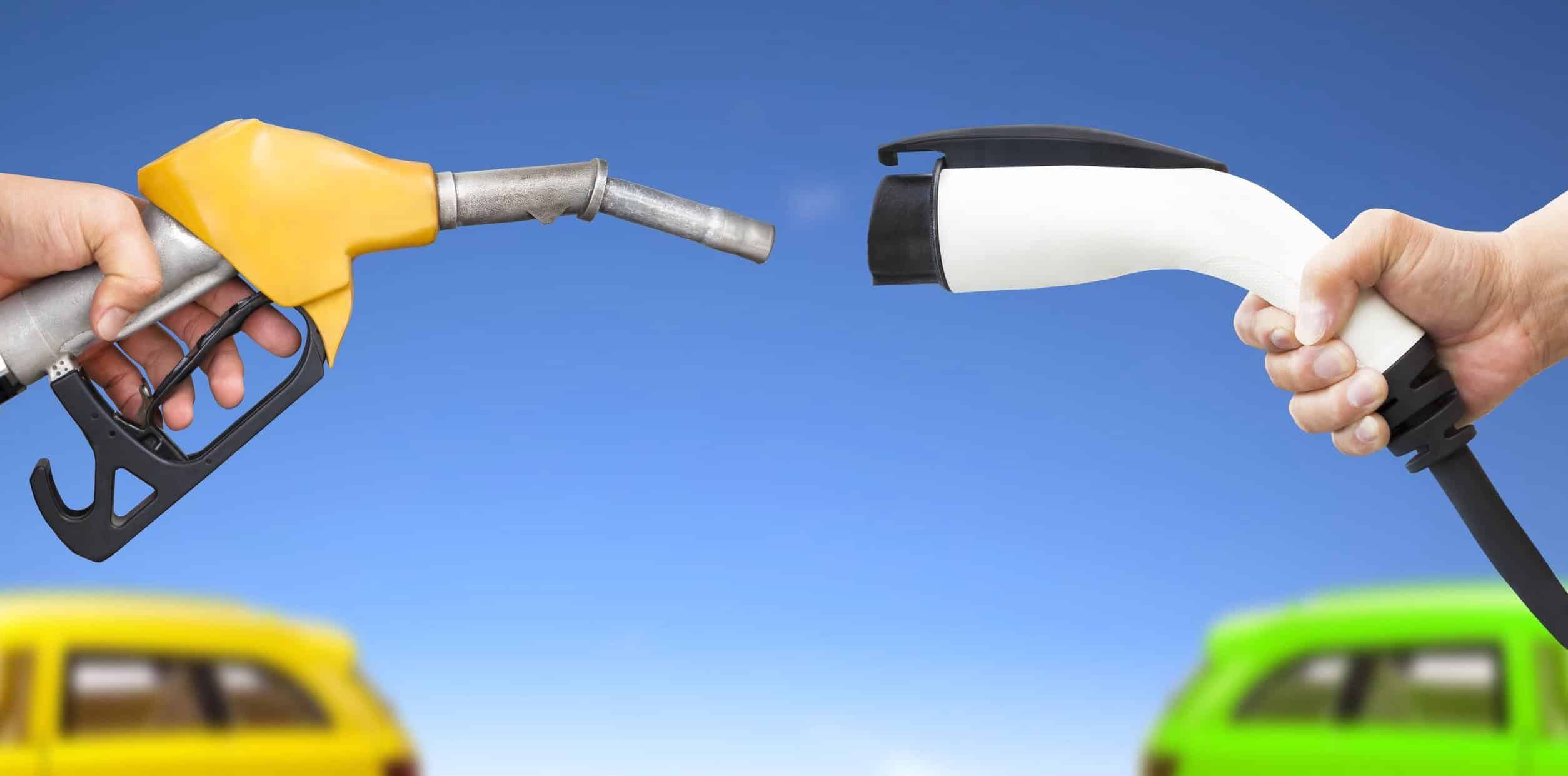What is better for the Earth: an electric or fuel-powered vehicle? The answer to this question may seem obvious: the electric car is better for the environment, because it has no exhausts and therefore no emissions. Right?
The answer is: let's see. Electric vehicles are not perfect and also have several pollution problems. Specifically, their batteries contain components such as lithium, which require a significant amount of energy to find and extract them. It is better to see clearly.
The electric car: is it better or not?
Battery production is only part of the lifespan of an electric car. A 2014 study published in the journal Proceedings of the National Academy of Sciences looked at the entire lifecycle of an electric vehicle's emissions, from extracting the metals needed for the batteries to producing the electricity needed to power them, and then compared this to the average emissions of a traditional vehicle.
The team found that when electric vehicles were charged with coal-fired electricity, they were even worse for the environment than conventional petrol cars.
Seven years later, things already seem to be changing: in much of the world, national power grids are now "clean" just enough to allow the electric vehicle to beat its gasoline-powered counterpart in terms of their gasoline-powered counterparts when it is about ecology and reduced emissions during its life cycle.
coal doesn't have much time ahead of it
“Only when impacting areas connected to the most polluting and coal-heavy power grids do internal combustion engines become comparable to electric vehicles in terms of emissions,” he says Colin Sheppard, researcher in transportation and energy systems engineering at the Lawrence Berkeley National Laboratory in California.
Apparently he is right. There are very few places where the electricity grids are still entirely or mainly coal-fired. China is one of them: in 2019 was estimated is 58% of the country's energy supply came from coal and it is likely that some parts of China are still entirely supplied by coal. Of course, the Chinese grid is now better organized: it is making a lot of investments in renewable energy. For example, it has twice the wind power capacity of the United States and builds more solar panels per year than any other country, according to the journal Nature.
This model of improvement (more renewables and fewer fossil fuels) is global and increasingly strengthens the environmental credentials of electric vehicles. At least that's what it says Gordon Bauer, which analyzes the performance of electric vehicles at the International Council on Clean Transportation in San Francisco. “As grids become greener over the life of an electric vehicle, things will only get better.”

It's true?
In a study published this month in the journal Environmental Science and Technology, Sheppard modeled a hypothetical future scenario in which all cars will be electric. They wanted to understand what the implications could be for energy, infrastructure and emissions if all vehicles were electric. Their findings strongly support the future of an electric vehicle.
For example, the two calculated that if all private vehicles in the US were electric, greenhouse gas emissions they would reduce by 46% per year (0,5 gigatonnes of carbon dioxide) compared to petrol-powered cars. A reduction that could be further increased if vehicles were subject to so-called "controlled charging". It is a technique also known as “smart charging”, which serves to avoid the problem known as "duck neck". It is best to recharge vehicles at strategically chosen times to minimize the cost of generating electricity, and prevent funnels as well overloads.
For example, overnight charging is often less expensive than during the day; this strategy also favors more efficient power plants that produce cheaper electricity. If all privately owned electric cars were charged this way, the emissions savings it could increase to 49% per year.
It is better to build the future than just imagine it
These estimates are based on what Sheppard admits is an “ambitious” picture of the world's future energy portfolio. This future features countries with much more renewable energy, despite not yet reaching the goal of zero carbon emissions. A significant amount of political will and practical changes are needed to make this scenario possible.

In summary, the electric vehicle is better than the gasoline one in perspective. Not always, not everywhere and in any case not now. And in terms of costs?
A Consumer Reports analysis from last year suggests that this is also changing. The report estimated that the repair and maintenance costs per kilometer over the life of an electric vehicle are just under half that of traditional vehicles. This is mainly due to the fact that electric motors only have one moving part, which is better in terms of spares, as traditional motors have dozens of them. Does this also apply to vehicle damage affecting the battery? We don't know from the report.
“It may seem radical right now, but by 2030, I think the issue will be about how quickly manufacturers can make them,” Bauer said.
Little is missing from "parity"
Research has concluded that an electric vehicle will cost as much as a petrol vehicle by 2029. This figure will have an average “fuel” saving of around € 1000 per year per family.



